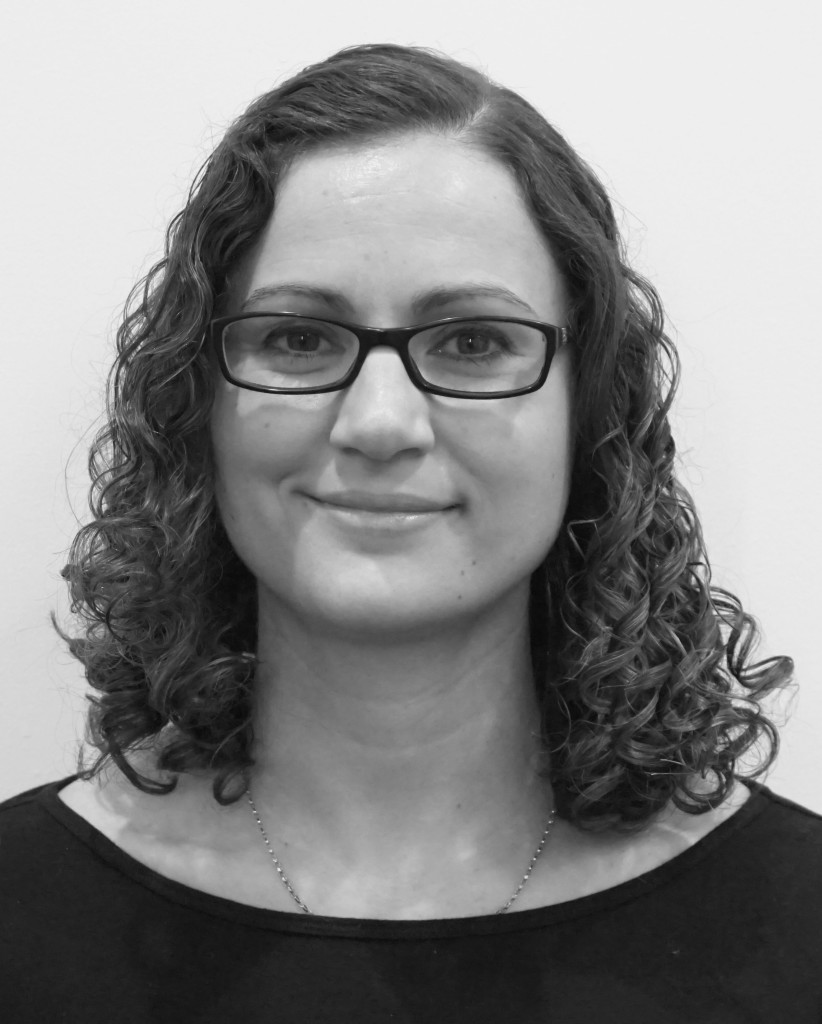Spotlight on: Lamiece Hassan
Posted on February 27, 2018

I recently interviewed for and was awarded an Ernest Rutherford Fellowship, which is supported by UK Research and Innovation (UKRI) and funded by Health Data Research UK (HDR UK). It’s a three year fellowship that will give me dedicated time, space and resources to develop my health data science skills and collaborate with world-leading experts in my field to bring new methods to my work.
This will include techniques for analysing social media data about experiences and opinions relevant to health care, services, data and digital technologies.
My fellowship project will build on my longstanding drive to find better ways of channelling patient opinions and experiences to shape health services for the benefit of patients. In this project, I’m going to investigate what kinds of insights can be picked up from online words, text and conversations posted publicly on social media platforms.
I’m looking to learn and trial a technique called ‘natural language processing’ to analyse these naturally occurring conversations. It is referred to as NLP for short, so I will have to make sure people don’t think I’ve suddenly gone into neuro linguistic programming! I’m hoping to see how well this works compared to and/or alongside other ways of understanding patient opinions and experience, spot any pitfalls or limitations, and find ways that these insights might shape future care, policy and services.
This project will be looking to find the right blend of quantitative and qualitative methods alongside the benefit of insights from people who use social media and health services, both online and offline. This kind of mixing is less common in the world of health data science, but I’m from a mixed methods background, so it comes naturally to me.
The fellowship is a brilliant opportunity. I’m excited about getting to learn new techniques and skills, navigating tricky ethical debates about how social media should (and should not) be used as part of research, and getting to talk to people around the world about the ideas I’m passionate about. And having a legitimate excuse to be on Twitter at work, obviously!
